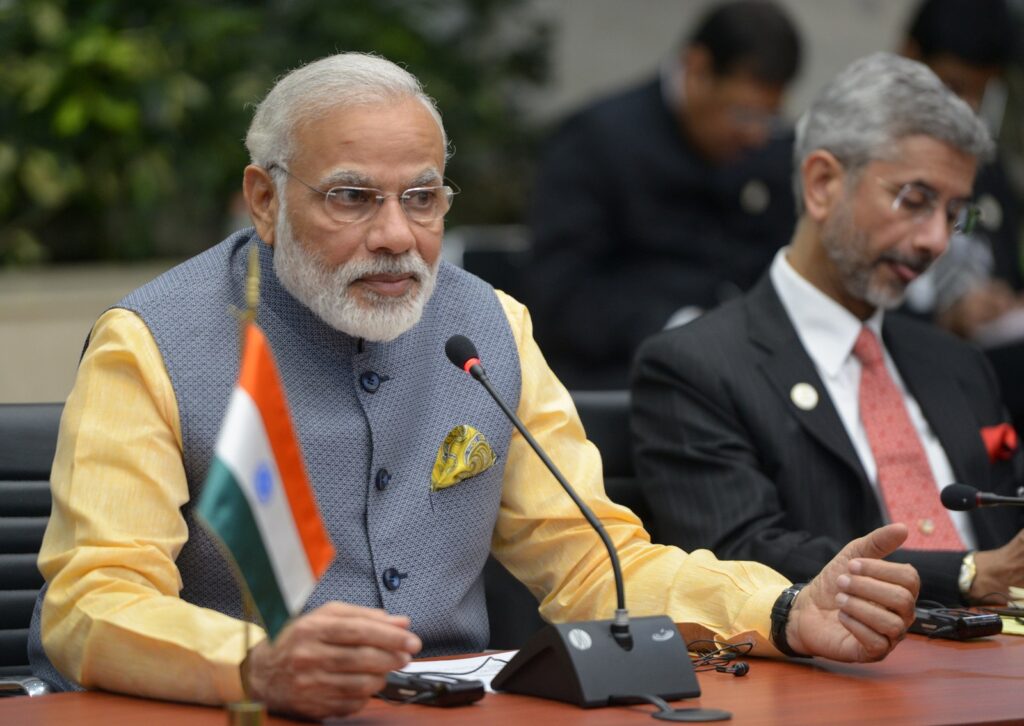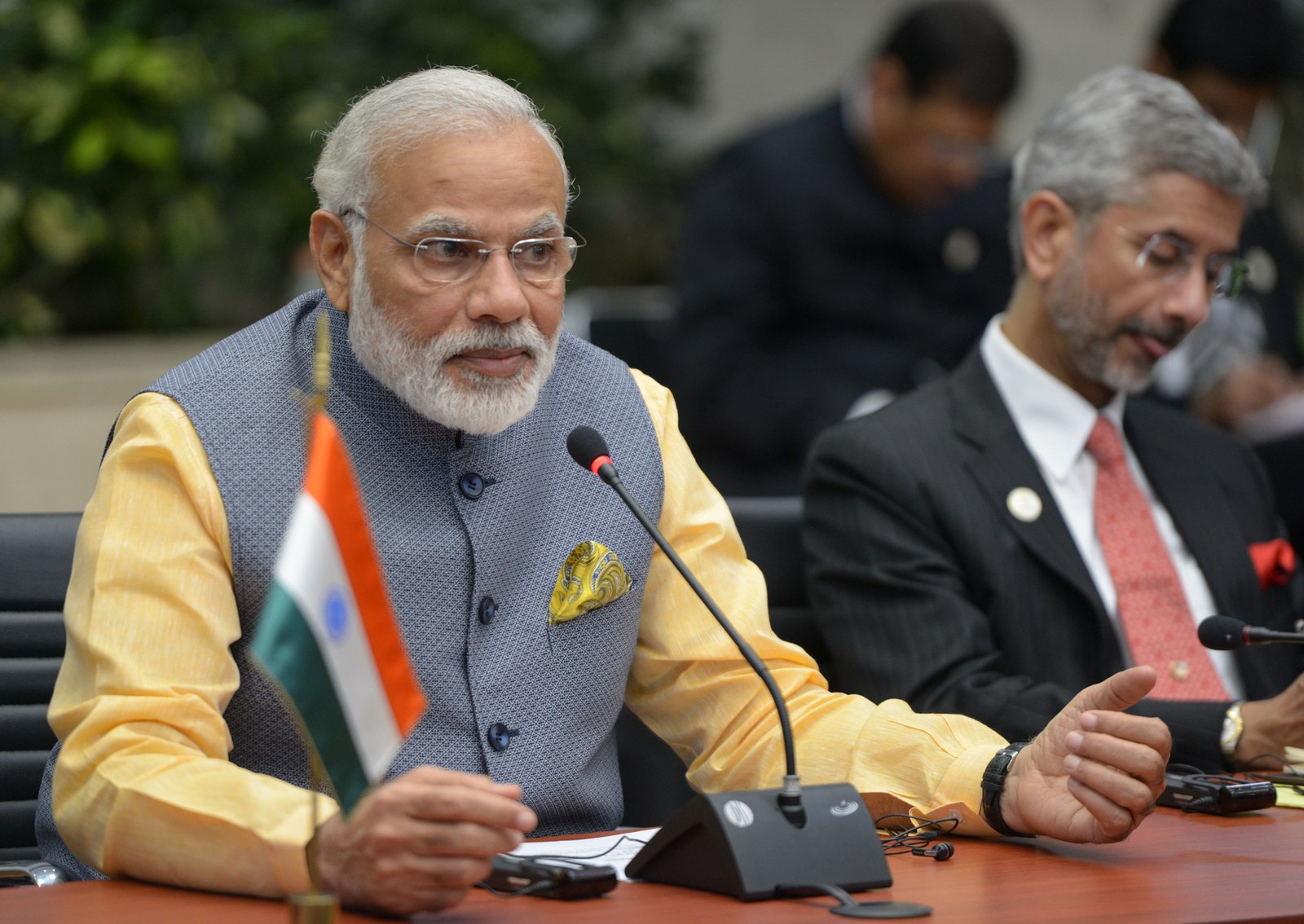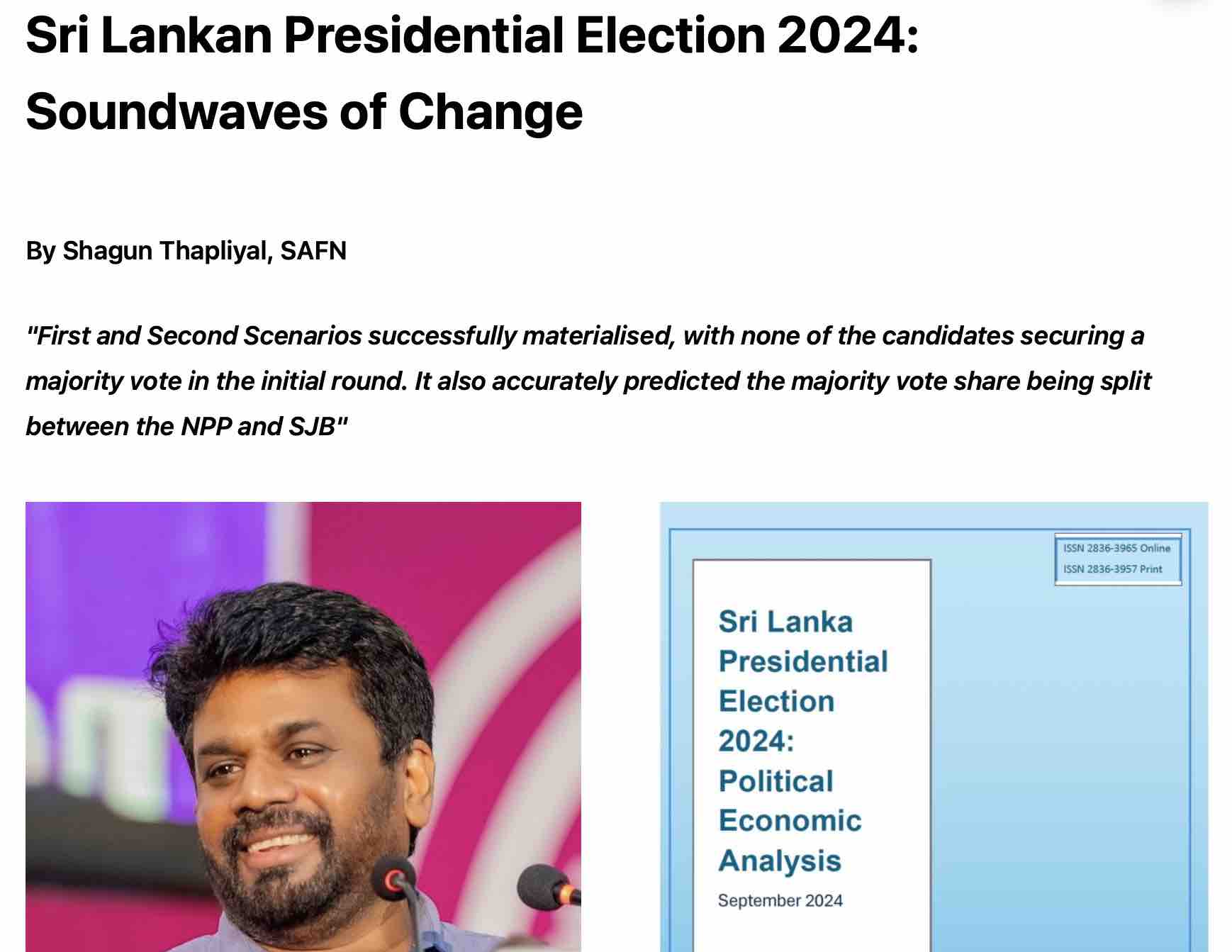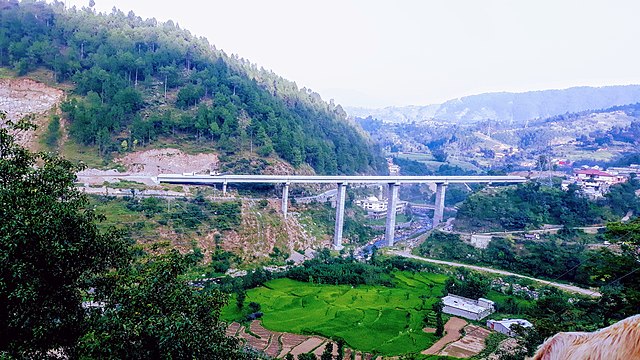By Dr. Reena Marwah, Senior Fellow SAFN
With fissures and fractures in the multilateral world order, Bharat offers a unique leadership template not only for the Global South, but for an inclusive, equitable and peaceful world order..

Modi was different from his predecessors. His ascent to the highest position in the Indian polity and his staying power have allayed some of his share of criticism from the Gujarat days. Even his critics agree that he can be credited with placing India on the global map. A year prior to the commencement of Modi 3.0, it was Morning Consult, (a global decision intelligence firm that tracks the major decisions of global leaders), that, based on its survey, pronounced Modi as the world’s most popular elected leader, ‘with an approval rating of 77%’. It also underlined that the Indian prime minister was more than twice as popular as his party. This could not have been achieved had Bharat faltered.
“Production Linked Incentive (PLI) Schemes have boosted India’s manufacturing capabilities especially in the areas of Electronics Manufacturing, Pharmaceuticals, Food Processing, and Telecom & Networking products.”
Under Modi, India has achieved for most years, a 7-8 percent rate of annual growth, even as it focused on an ‘Atmanirbhar Bharat’ and successfully launched not only hundreds of schemes, but also ushered in fiscal reforms including the Insolvency and Bankruptcy Code. The Production Linked Incentive (PLI) Schemes have boosted India’s manufacturing capabilities especially in the areas of Electronics Manufacturing, Pharmaceuticals, Food Processing, and Telecom & Networking products. Even at the height of the pandemic, India emerged as a pharmaceuticals hub, having provided medicines to 160 countries as well as 250 million vaccine doses to 101 countries, besides other kinds of assistance during Covid-19. With an improved infrastructure and connectivity by rail, highways and airports, India has become a destination for affordable and efficient medical tourism. The persona of Modi resulted in a diasporic connect that was unparalleled. India’s wellness quotient with yoga and soft power too has been recognised. The Global Soft Power Index 2023 ranked India at 28th position; an improvement from the 29th position in 2022, making 2023 the second year in which the country featured in the top 30 countries.
“Indian foreign policy matured from having been reactive or formulated incrementally, to being decisive and action-oriented.”
Ten years of the Modi government have left an indelible print on India’s history. Both in terms of domestic compulsions and external upheavals, the decade has seen tumultuous twists and turbulences, which made the negotiating of multilateral agreements, even more challenging. From threats on the borders to pandemic-driven tectonic upheavals to conflicts in Ukraine and Gaza, there was a constant requirement of recalibrating responses. India’s External affairs ministry, hence, never had a dull moment. While the neighbourhood first policy maintained its salience, the intrusion of Chinese influence in the region, required the leadership to be constantly poised to handle criticism in its comparison with China. Indian foreign policy matured from having been reactive or formulated incrementally, to being decisive and action-oriented.
Decoding the past decade
“India has, under Modi, projected itself as a nation that seeks a safe, secure and stable Indian Ocean Region which has over forty littoral states, with over forty percent of the world’s population.”
India under Modi, recognised the significance of the extended neighbourhood and reframed the Look East Policy to the Act East Policy in 2014. Ever since, India has strengthened its relations with all ASEAN countries, forging the Comprehensive Strategic Partnership (CSP) with Vietnam in 2016, and clinching the USD 375 million Brahmos missile deal with the Philippines. With other ASEAN countries too, India continued its constant engagement, resulting in the signing of the much-awaited India-ASEAN CSP in 2023. India has announced several multilateral initiatives during Modi’s tenure. Among these, the notable ones are India’s Indo-Pacific Oceans Initiative (IPOI) ensuring this had several areas of convergence with ASEAN’s Outlook on the Indo-Pacific. The IPOI emerged from the vision of SAGAR, viz. Security and Growth for all in the region. India has, under Modi, projected itself as a nation that seeks a safe, secure and stable Indian Ocean Region which has over forty littoral states, with over forty percent of the world’s population. This vision has put to rest critics which accused New Delhi of its sea-blindness, with focus on the continental. With the seas becoming highly contested and militarized, India has beefed up its naval expansion and modernisation program, with several reforms in the military theatres as well. Recognising the threats in the Indian Ocean, India established the Andaman and Nicobar Command as the first Tri-service theatre command of the Indian Armed Forces, at Port Blair in 2019.
Endeavour to Engage
Rising above bilateral enmity, India responded to a call by the Chinese Navy and offered assistance in the search for a Chinese fishing vessel that sank in the Indian Ocean in May 2023. Similarly, India has helped rescue crew belonging to Pakistan and other nations. India has also walked a path of neutrality between the Islamic world and the Western powers, in its efforts to secure trade and security interests of stakeholders in the Red Sea.
“With fissures and fractures in the multilateral world order, Bharat offers a unique leadership template not only for the Global South, but for an inclusive, equitable and peaceful world order.”
India’s foreign policy has been both assertive, independent and farsighted. The fact that India continued to support Russia, its age-old ally, when it has been sanctioned by the West for its offensive in Ukraine, or call out China for its aggressive actions against the Philippines in the South China Sea, showcases the Modi government’s policy of multi-alignment. Modi also expanded relations with the United States, not only exemplified by joining President Biden’s Indo-Pacific Economic Framework (IPEF) as well as IU2U, (India, Israel, the United Arab Emirates, and the United States, but also by engaging on the Initiative on Critical and Emerging Technologies (iCET). India has launched initiatives for global good, as the International Solar Alliance, which now boasts of 119 signatory countries. It also launched the Coalition for Disaster Resilient Infrastructure (CDRI), an international coalition of countries in 2019, with headquarters in India. In July 2023, India launched the Global Biofuels Alliance. India’s Panchamrit declaration at COP26 assures humanity that it will strive to achieve Net Zero Emissions by 2070. Integrating the African Union in the G 20 and raising issues impacting the Global South, India’s G 20 legacy has brought hope to the developing world. Yet, with the onset of deglobalisation, with dysfunctional global institutions and the unleashing of digitisation, ambivalence reigns.
With fissures and fractures in the multilateral world order, Bharat offers a unique leadership template not only for the Global South, but for an inclusive, equitable and peaceful world order. Elvis Presley’s song ‘Riding the Rainbow’, is a reminder that there is hope and solace beyond the dark days of war and strife, poverty and neglect. Modi 3.0 testifies that an aspirational democracy, the fifth largest economy with its vision set to acquire the status of becoming the third largest economy, will not be dissuaded.
Dr. Reena Marwah (M.Phil, PhD, India, International Business) is a Senior Fellow at SAFN and a Professor at Jesus and Mary College, Delhi University. @marwah_reena



